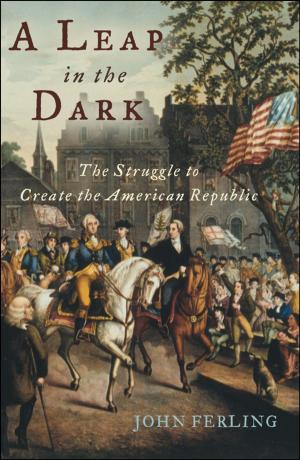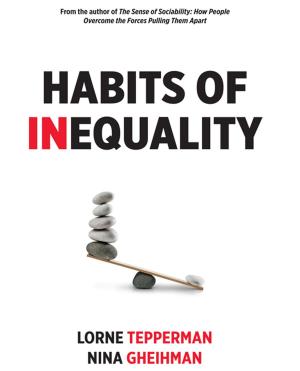Sound and Safe
A History of Listening Behind the Wheel
Nonfiction, Reference & Language, Transportation, Automotive, History, Domestic| Author: | Karin Bijsterveld, Eefje Cleophas, Stefan Krebs, Gijs Mom | ISBN: | 9780199349920 |
| Publisher: | Oxford University Press | Publication: | November 1, 2013 |
| Imprint: | Oxford University Press | Language: | English |
| Author: | Karin Bijsterveld, Eefje Cleophas, Stefan Krebs, Gijs Mom |
| ISBN: | 9780199349920 |
| Publisher: | Oxford University Press |
| Publication: | November 1, 2013 |
| Imprint: | Oxford University Press |
| Language: | English |
Do you enjoy listening to music while driving? Do you find radio traffic information indispensable? Do you like to sing along with whatever you like as you drive? This book tells the fascinating story of how, over the course of the twentieth century, we turned automobiles from intentionally noisy contraptions into spheres of auditory privacy that make us feel sound and safe. It explains how engineers in the automotive industry found pride in making car engines quieter once they realized that noise stood for inefficiency. And, after the automobile had become a closed vehicle, it follows them as they struggled against sounds audible within the car. The book also traces how noise is linked both to fears - fears of noise-induced fatigue, fears about the danger of the car radio and drivers' attention spans - and to wants, exploring how drivers at one point actually desired to listen to their cars' engines in order to diagnose mechanical problems and how they now appreciate radio traffic information. And it suggests that their disdain for the ever-expanding number of roadside noise barriers made them long for new forms of in-car audio entertainment. This book also allows you to peep behind the scenes of international standardization committees and automotive test benches. What did and does the automotive industry do to secure the sounds characteristic for their brands? Drawing on archives, interviews, beautiful historical automotive ads, and writing from cultural history, science and technology studies, sound and sensory studies, this book unveils the hidden history of an everyday phenomenon. It is about the sounds of car engines, tires, wipers, blinkers, warning signals, in-car audio systems and, ultimately, about how we became used to listening while driving.
Do you enjoy listening to music while driving? Do you find radio traffic information indispensable? Do you like to sing along with whatever you like as you drive? This book tells the fascinating story of how, over the course of the twentieth century, we turned automobiles from intentionally noisy contraptions into spheres of auditory privacy that make us feel sound and safe. It explains how engineers in the automotive industry found pride in making car engines quieter once they realized that noise stood for inefficiency. And, after the automobile had become a closed vehicle, it follows them as they struggled against sounds audible within the car. The book also traces how noise is linked both to fears - fears of noise-induced fatigue, fears about the danger of the car radio and drivers' attention spans - and to wants, exploring how drivers at one point actually desired to listen to their cars' engines in order to diagnose mechanical problems and how they now appreciate radio traffic information. And it suggests that their disdain for the ever-expanding number of roadside noise barriers made them long for new forms of in-car audio entertainment. This book also allows you to peep behind the scenes of international standardization committees and automotive test benches. What did and does the automotive industry do to secure the sounds characteristic for their brands? Drawing on archives, interviews, beautiful historical automotive ads, and writing from cultural history, science and technology studies, sound and sensory studies, this book unveils the hidden history of an everyday phenomenon. It is about the sounds of car engines, tires, wipers, blinkers, warning signals, in-car audio systems and, ultimately, about how we became used to listening while driving.















